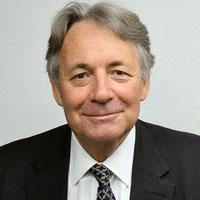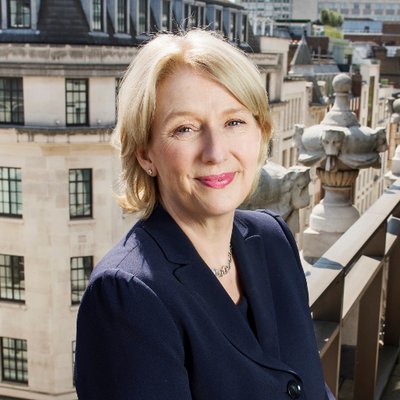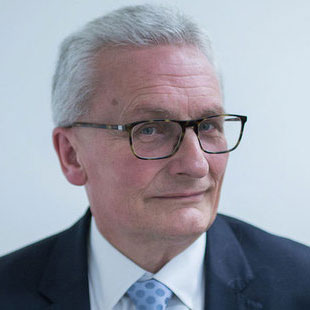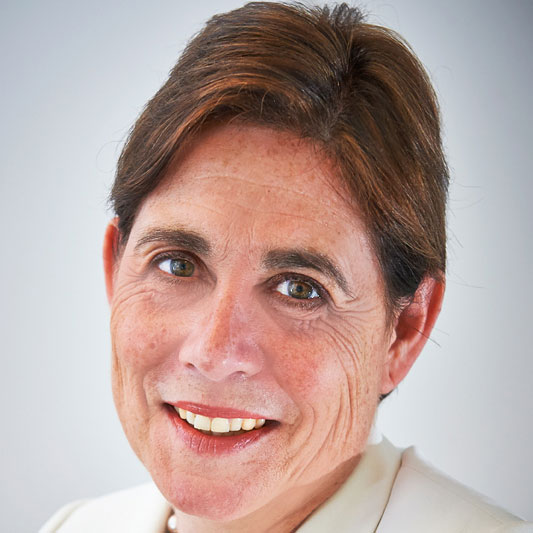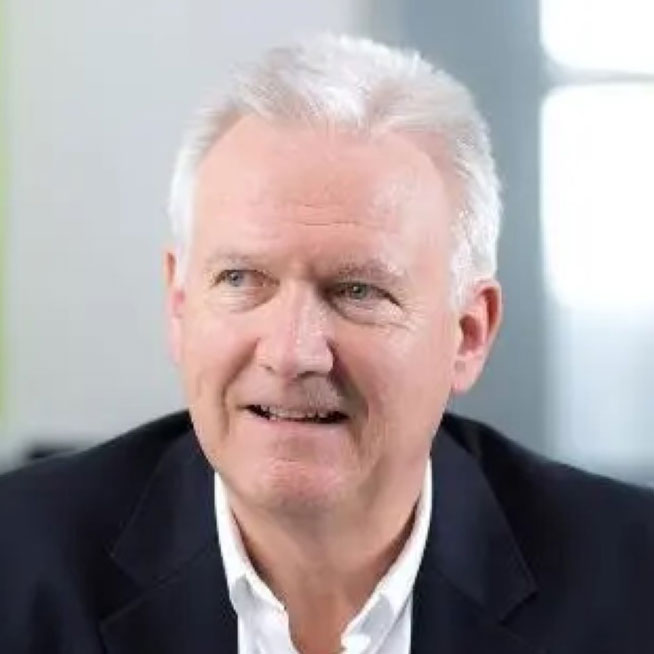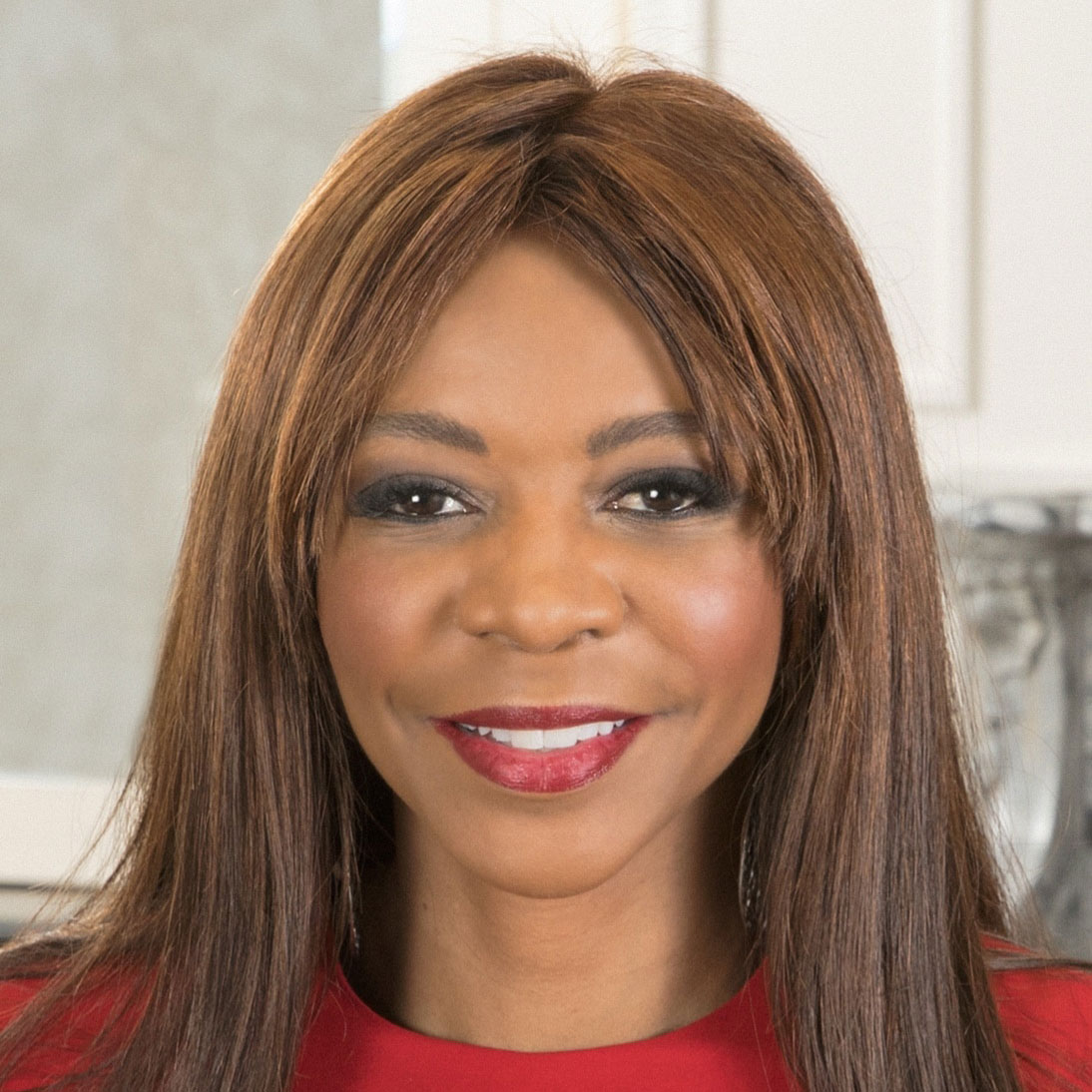Non-Executive Directors
Matt Hancock’s affair with a non-executive director in the Department of Health has raised questions about the role of government NEDs and how they are appointed. Mace’s list focuses the camera on those chosen to provide advice and bring an external perspective to the business of government departments.
It is unlikely that many government non-executives are granted – or want – the same level of access that Gina Decolangelo enjoyed under Matt Hancock’s tenure at the Department for Health and Social Care. While they do not have ‘executive’ decision-making powers, their remit gives them a seat on departmental boards and a direct line into the centre of power.
Non-executives were first introduced in the early 1990s. In 2005 the first corporate governance Code recommended that each Whitehall department should have at least two NEDs, to sit on the management board chaired by the permanent secretary. At the time there were 37 NEDs, in 14 departments. In 2011 the Code was significantly revised and relaunched by Francis Maude, the new Cabinet Office minister. Boards would be chaired by the secretary of state, with at least four NEDs, largely drawn from the commercial private sector, to advise on performance, delivery and strategic leadership.
In 2018, The Constitution Unit at University College London published the first major study of the role and contribution of non-executive members of departmental boards in Whitehall. Its 18-month analysis concluded positively that “NEDs are high calibre, mainly from business but also professional backgrounds, successful and very senior in their own fields. They are committed, energetic, keen to make a difference. They are not in it for the money, or to build a CV. Their motivation is a wish for public service, and fascination with the business of government.”
Skip forward and there are now 70 NEDs across government receiving salaries of between £15,000 and £20,000 a year. Individual secretaries of state can appoint NEDs to their own department in a process the government describes as “fair and transparent”. Each department has a lead non-executive director who is appointed directly by the prime minister.
Many government NEDs have had hugely impressive careers: Ann Cairns, the lead NED at BEIS, has more than 20 years’ experience working in senior management positions in financial services across Europe and the US. Henry Dimbleby, who serves a lead NED at Defra, is co-founder of food chain Leon and led on the National Food Strategy, a government-commissioned review of the food we eat which was published this week. City stalwart Baroness (Helena) Morrissey, lead NED at the FCDO, brings both business experience and her campaigning zeal as founder of the 30% Club, a business-led initiative for better gender-balanced boards.
Some of the government’s more recent appointments have raised eyebrows, however, and led to speculation that the process has become politicised. Dominic Johnson, long-time business partner of Jacob Rees-Mogg at Somerset Capital, is a former Conservative Party treasurer. Crossbench peer Gisela Stuart chaired the Vote Leave campaign. Environmentalist Ben Goldsmith is a NED at Defra, the department where his brother, Zac, serves as a minister. Former UKIP MP Douglas Carswell is a NED at DIT.
Are NEDs scrutinising and advising – or are they acting more in line with the roles played by junior ministers or special advisers? Mace’s list introduces you to the people occupying some of the least visible roles in government.
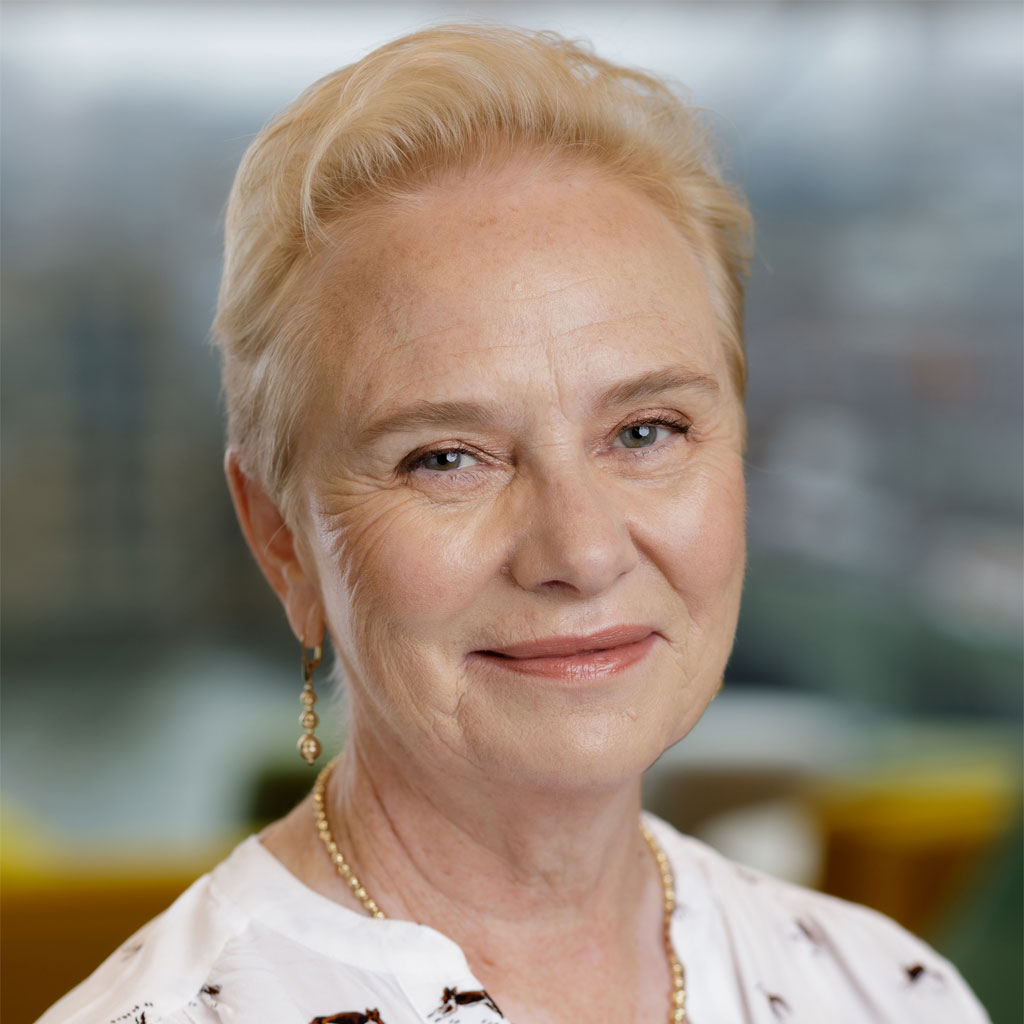
Ann Cairns
Department for Business, Energy and Industrial Strategy
Lead Non-Executive DirectorView Profile
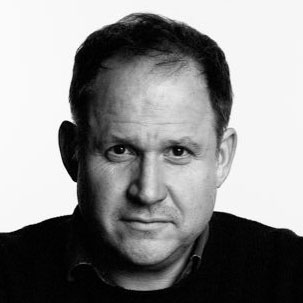
Henry Dimbleby
Department for Environment, Food and Rural Affairs
Lead Non-Executive DirectorView Profile

Ben Goldsmith
Department for Environment, Food and Rural Affairs
Non-Executive DirectorView Profile
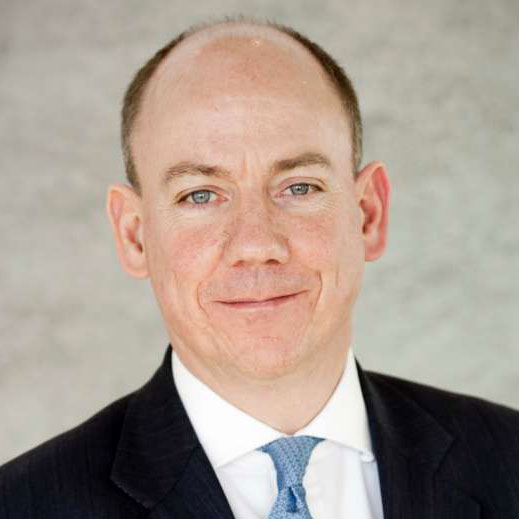
Michael Jary
Ministry of Housing, Communiities and Local Government
Lead Non-Executive DirectorView Profile
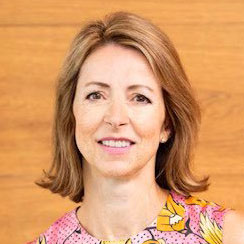
Helena Morrissey
Foreign, Commonwealth and Development Office
Lead Non-Executive DirectorView Profile
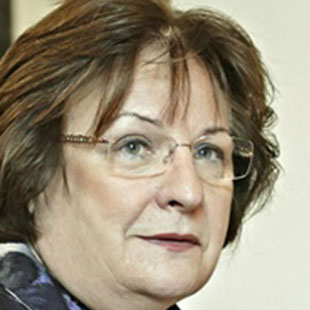
Mary Neigh
Ministry of Housing, Communiities and Local Government
Non-Executive DirectorView Profile

